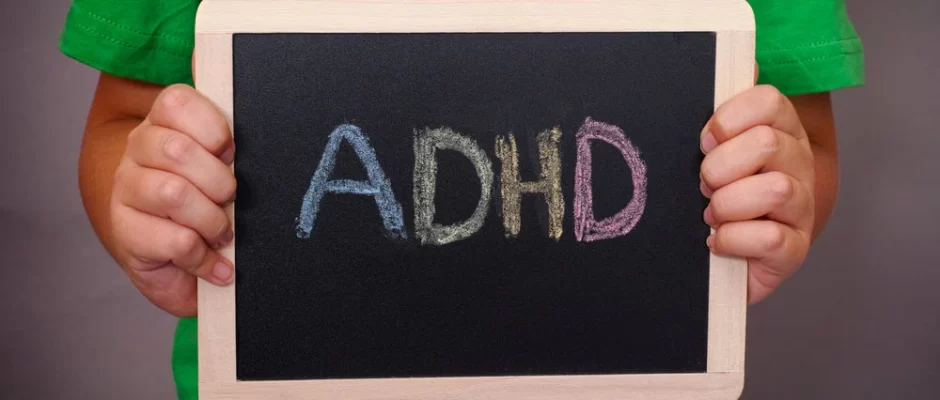Is There A Connection Between Adhd And Criminal Behavior?

Attention deficit hyperactivity disorder (ADHD) is one of the most common mental disabilities affecting children. It is estimated that 8.4% of children and 2.5% of adults have ADHD. Individuals with ADHD suffer from hyperactivity, trouble paying attention, and impulse control issues. But do these factors lead to criminal behavior?
Link Between ADHD and Crime
According to a 2010 study, more than 40% of long-term prison inmates were diagnosed with ADHD. Most of these prisoners were diagnosed with ADHD as adults. Another study found a link between childhood ADHD diagnosis and adult criminal activity. The Yale study found that children diagnosed with ADHD were twice as likely to commit theft as an adult and 50% more likely to sell drugs. Up to two-thirds of young offenders in the criminal justice system screened positively for childhood ADHD.
Why is there a Connection?
ADHD symptoms include aggression, lack of impulse control, inattentiveness and poor emotional control. Without proper treatment, people with ADHD may not have a clear understanding of how to manage symptoms. Couple this with problems adjusting in childhood and going to a school that is not meeting the needs of a person with ADHD and it is easy to see how someone with the diagnosis may commit crimes.
Education and Treatment Help
While most people with ADHD do not commit crimes, it is still important for parents of children with the diagnosis make sure to properly educate themselves and their children about the symptoms and the available treatments. Parents should pay very close attention to children with the symptoms of ADHD and seek out a diagnosis sooner rather than later. Catching ADHD early can help families learn to deal with impulsiveness early and learn ways to manage symptoms.
Children and adults can learn to help control their symptoms and sometimes use them to their advantage. Families can educate themselves about ADHD by seeking a good psychologist who specializes in the condition. Joining a support group for people with ADHD can also be helpful in helping to learn ways to manage the condition properly. It is essential to be patient with ADHD and understand that finding the proper treatment can take months or even years.
If you or a loved one has a mental disability and has been arrested or convicted of a crime, you need an experienced criminal defense attorney on your side. Elizabeth Kelley specializes in representing individuals with mental disabilities. To schedule a consultation call (509) 991-7058.


